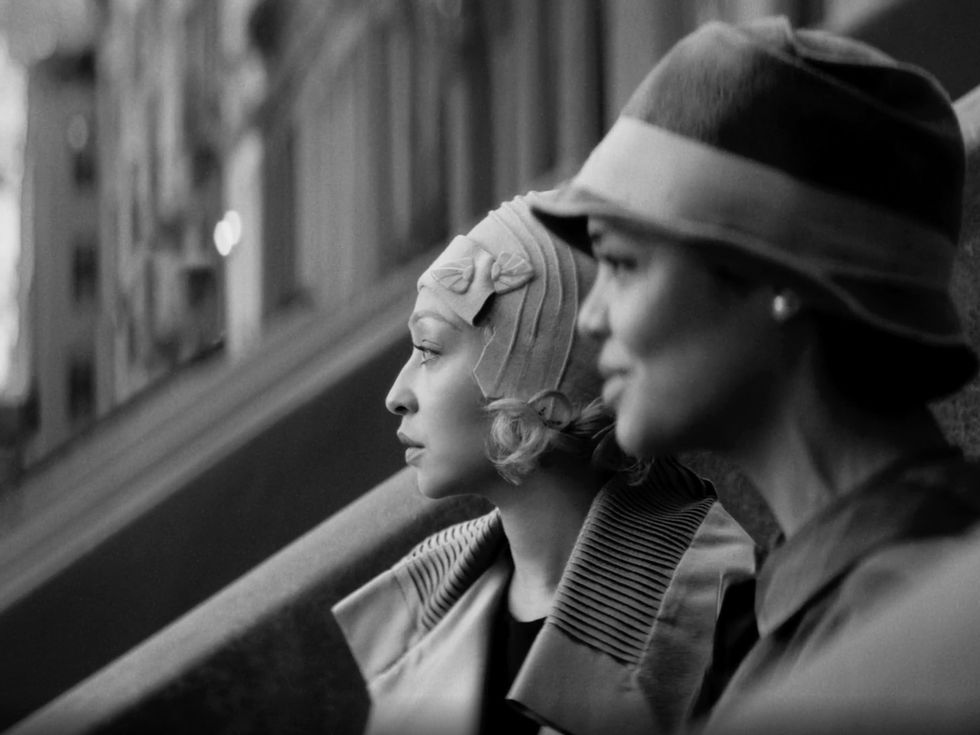Passing Is a Film About Race from the Black GazePosted in Articles, Book/Video Reviews, Media Archive, Passing, United States, Women on 2021-12-02 17:39Z by Steven |
Passing Is a Film About Race from the Black Gaze
Harper’s Bazaar
2021-11-11
Imani Perry, Hughes-Rogers Professor of African American Studies
Princeton University, Princeton, New Jersey
Rebecca Hall’s adaptation of Passing expertly uses the craft of cinema to explore race and colorism from a Black point of view, Imani Perry argues.
Nella Larsen’s 1929 novel, Passing, was part of a tradition. Writers, both Black and white, had been depicting the practice of extremely light-complexioned African Americans slipping into the white world for at least 70 years prior. Passing literature is the term critics have applied to it. In a racially segregated and stratified society, passing was powerful fodder for the literary imagination. Being discovered came with the risk of shame, violence, incarceration, and even death. In Black communities, passing itself was at once frowned upon and protected, as the secrets of passers were guarded.
Understandably, depicting passing today, when the rules of racial membership have shifted, is challenging. Members of Generation Z are skeptical of the historic “one-drop rule” of African-American membership. Initially, that rule was a way of marking Blackness as inferiority and even a sort of contagion. Over time, African Americans used it to develop an expansive idea of what it meant to belong to “the race.” But today, young people often wonder how much one can claim to belong to a group without carrying the weight of being seen as such.
Director Rebecca Hall, who adapted the 1929 novel for the screen nevertheless succeeds in making a film that brings contemporary viewers into the intimate realm of its Black women protagonists, both of whom “pass”; one completely, the other conditionally. Most impressively, Hall captures the tensions of passing in a manner that is effective in the 21st century. Whereas the novella is a masterpiece of sumptuous yet suggestive prose, the black-and-white film’s luxuriousness is found in texture, light, and gesture. Hall avoids a problem that all too often afflicts Black actors. When directors fail to shift light appropriately, bodies that are luminous too often are made muddy and shapeless. Hall’s effective light is not just visually satisfying; it is a narrative tool…
Read the entire review here.

